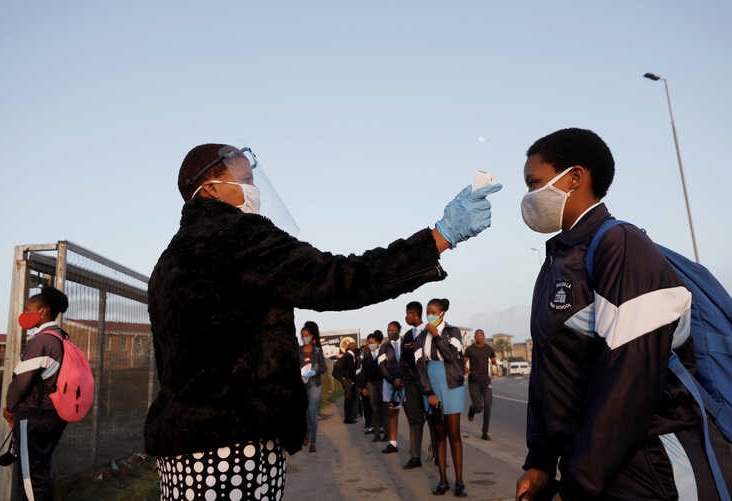There are no products in your shopping cart.
| 0 Items | £0.00 |


MANY Nigerian schools may be forced to shutdown over the coming months as a result of the new stringent conditions the federal government has introduced in response to the need to guarantee safety in the wake of the coronavirus pandemic.
Like most other countries, Nigeria closed all her schools down during the height of the pandemic and there are now plans to re-open them as the lockdown is being eased. So far, Nigeria has suffered 22,020 cases of coronavirus, of which there have been 542 casualties but with numbers still rising, the government is planning to put stringent measures in place before allowing schools to open.
These conditions submitted to the National Assembly by the Federal Ministry of Education, were packed into a document titled Guidelines for Schools and Learning Facilities Reopening after Covid-19 Pandemic Closure. According to the document, each school is required to create temporary isolation space and provide fully equipped clinics before reopening.
They are also to establish a referral system, including protocols and procedures to take if learners, teachers, administrators and other education personnel become unwell while in school. Apart from that, in the document, the federal government mandates any state wishing to reopen schools to hold adequate consultations with the Presidential Task Force on Covid-19 and the parents.
These guidelines also require school proprietors to construct additional structures and employ more teachers to ensure that they accommodate their pupils by adhering to the two-metre spacing system in classrooms. Proprietors of schools have also been asked to seek grants to procure soap and buckets, ensure regular safe water supply and guarantee the constant supply of learning and instructional materials and pay salaries on time.
In addition, the document reads: “It is equally crucial that consultations are held and communication exchanged with parents, teachers, learners and communities to understand and address common concerns. To observe safe distancing in schools and other learning facilities, students are to stay two metres apart according to the Nigeria Centre for Disease Control’s public advice.
Also, the government proposed alternative learning models for safe distancing, including outdoor learning. In addition, the document suggested staggered attendance where learners may arrive and depart at different times to avoid overcrowding, adding that schools might reopen gradually, starting with particular grade levels.
Furthermore, the government also proposed platooning whereby classes may be divided into morning and afternoon shifts and decreased interaction where students may remain in one location with teachers coming to them. Others suggestions in the document include flexible schedule and creative delivery.